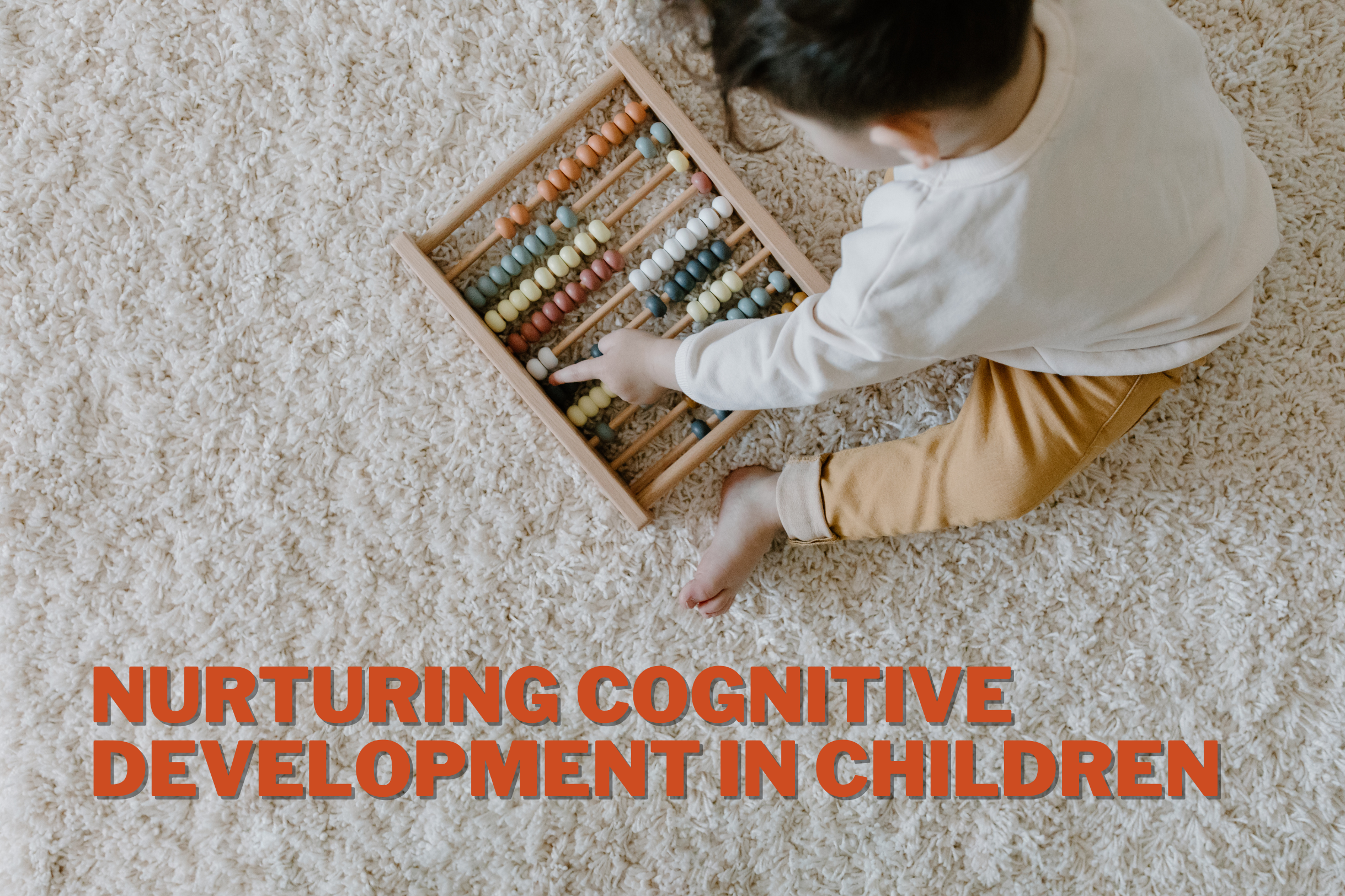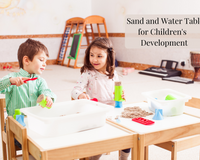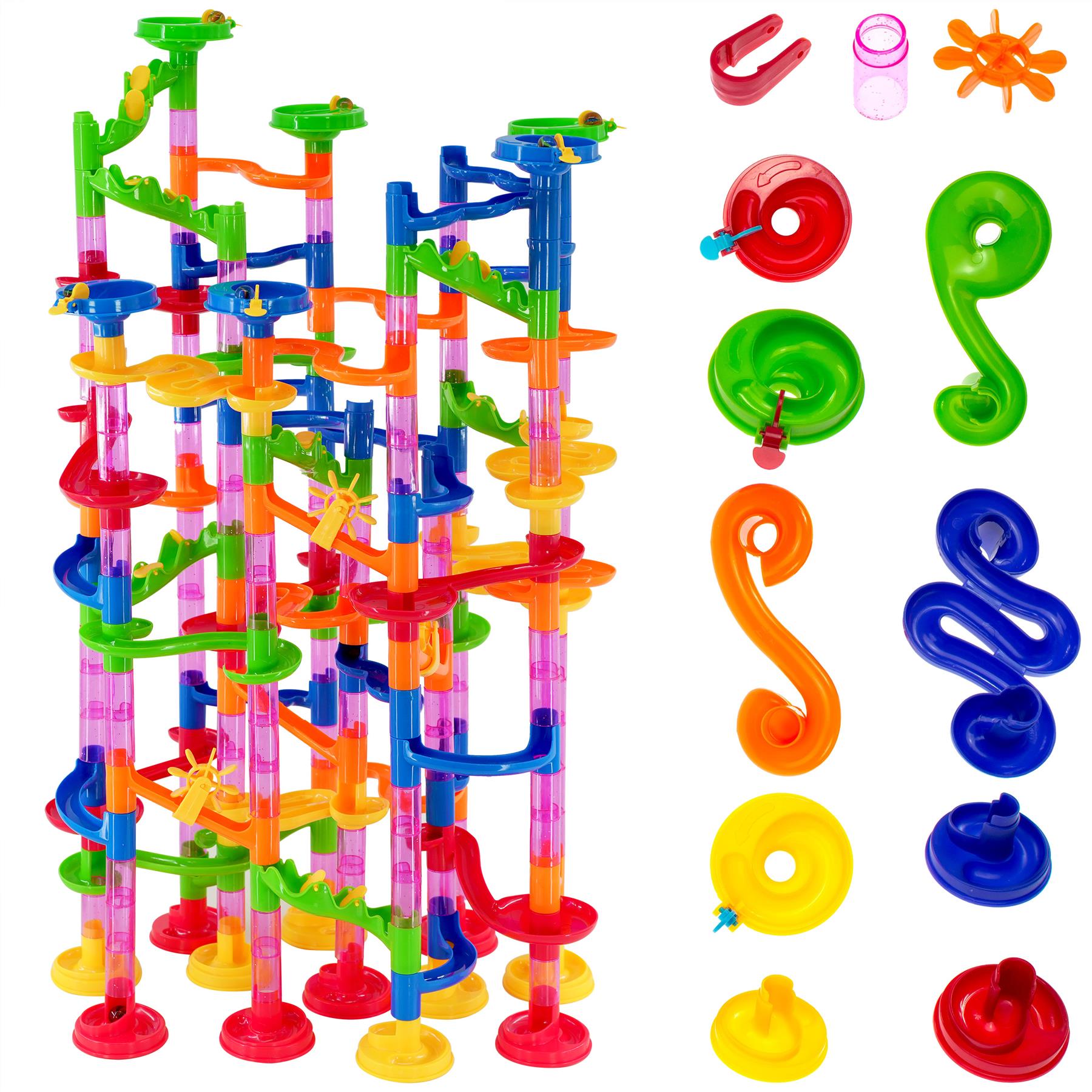As parents, we play a crucial role in shaping our children's cognitive development, laying the foundation for their future success. Cognitive skills, which encompass memory, problem-solving, attention, and language abilities, are vital for a child's overall growth and academic achievement. In this blog post, we will explore effective strategies that parents can employ to foster their child's cognitive development, and the long-term benefits these skills can have on their future.

Stimulating Environment
Creating a rich and stimulating environment is essential for optimal cognitive development. Provide a variety of age-appropriate toys, books, and games that encourage exploration, curiosity, and creativity. Puzzles, building blocks, and interactive toys help enhance problem-solving skills and logical thinking. Introduce your child to age-appropriate books and engage in interactive storytelling to boost language and comprehension abilities.

Encourage Active Engagement
Encourage your child to actively engage with their surroundings. Encourage hands-on experiences such as building, crafting, or cooking, which promote critical thinking, motor skills, and spatial awareness. Engage in conversations, ask open-ended questions, and actively listen to their responses to enhance language skills, logical reasoning, and attention span.

Play and Imaginative Play
Play is a powerful tool for cognitive development. Engage in both structured and unstructured play activities with your child. Structured play can involve board games, card games, or educational apps that promote problem-solving, strategy, and memory skills. Unstructured play, such as pretend play or role-playing, enhances creativity, social skills, and imagination.

Limit Screen Time
Excessive screen time can impede cognitive development in children. Set reasonable limits on screen time and encourage alternative activities that involve physical movement, social interaction, and imaginative play. Engage in joint activities such as reading together, outdoor play, or family outings to promote healthy cognitive development.

Promote Healthy Lifestyle Habits
A child's cognitive development is closely linked to their overall health and well-being. Ensure your child receives adequate nutrition, regular exercise, and sufficient sleep. A balanced diet rich in nutrients supports brain development, while physical activity enhances cognitive functions such as attention and memory. Quality sleep is crucial for consolidating learning and promoting optimal cognitive functioning.

Foster Independence and Problem-Solving Skills
Encourage your child to think independently and solve problems. Offer age-appropriate challenges that require them to think critically and find solutions. Resist the urge to intervene immediately and allow them to explore different approaches, fostering resilience, adaptability, and self-confidence.

Cultivate a Love for Learning
Instilling a love for learning in your child will have a lasting impact on their cognitive development. Celebrate their achievements, praise their efforts, and provide a positive learning environment. Read together, visit museums, encourage hobbies, and expose them to diverse experiences and cultures. Encourage curiosity, exploration, and a growth mindset, emphasizing that mistakes are opportunities for learning.

Investing in your child's cognitive development yields numerous long-term benefits. A strong cognitive foundation prepares them for academic success, critical thinking, and problem-solving in school and beyond. Improved memory and attention skills contribute to effective learning and information retention.
By actively participating in your child's cognitive development, you provide them with a solid foundation for future success. Creating a stimulating environment, encouraging active engagement, promoting play, limiting screen time, fostering independence, and cultivating a love for learning are essential strategies that parents can employ.











